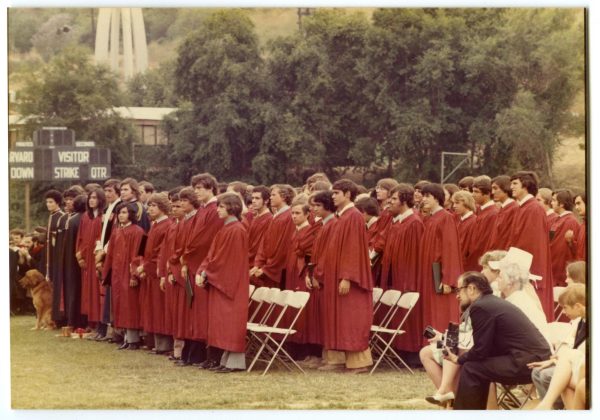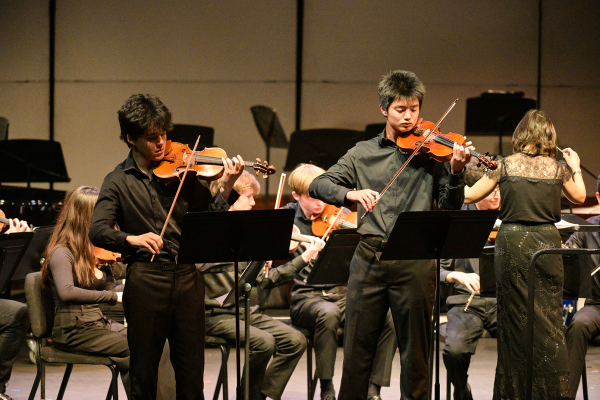BLACKPINK Review
September 28, 2022
BLACKPINK is the revolution — they said so themselves. The K-pop quartet released their second studio album, “BORN PINK,” on Sept. 16, reaffirming their international pop-diva-status to fans and casual listeners alike.
Like their first album, aptly named “The Album,” “BORN PINK” has a 25-minute runtime and eight tracks, including the prerelease single “Pink Venom” and the PlayerUnknown’s Battlegrounds (PUBG) partnership song “Ready for Love.” The former, “Pink Venom,” is an electropop anthem punctuated by a gayageum, the traditional Korean plucked instrument, and modern hip-hop influences. However,the latter, “Ready for Love,” is a remarkably disappointing member of BLACKPINK’s discography, given that the eerily offbeat production does nothing for the girls’ vocal strength and everything for the battle royale video game the song advertises.
With that being said, of the six new songs released on Sept. 16, two are in English, four are in Korean and all six are good. Title track “Shut Down” combines a sickening violin sample with a hard-hitting bassline to support killer rap verses from Lisa and Jennie.
“Typa Girl” is one of the album’s three explicit tracks, boasting the girls’ popularity, beauty and wealth. These aren’t baseless claims; between promoting their music, the girls attend events as ambassadors for Celine, Chanel, Yves Saint Laurent, Cartier, Bvlgari, Dior — you get the point.
The next three songs, “Yeah Yeah Yeah,” “Hard to Love” and “The Happiest Girl,” follow a new love, relationship problems and breakup, respectively. Of these three, “Yeah Yeah Yeah” is the most forgettable, which is a likely byproduct of being followed by two uniquely impactful earworms. While “Hard To Love” gives lead vocalist Rose an opportunity to shine on a solo rock anthem, “The Happiest Girl” runs in the same family as Lady Gaga’s “Speechless” — a gut-wrenching piano ballad.
“Tally” needs a paragraph of its own. Not only is this not a Kpop song in its American-pop-influenced structure, it’s an actively anti-Kpop song in its message. The girls end their album by calling attention to the disparity between male and female social freedom. Since their debut, BLACKPINK has been at the center of dating rumors, criticized for partying with Western celebrities and picked apart for failing to maintain a pristine idol image, and “Tally” is their retaliation against the unreasonable expectations imposed upon them. As this album proves, BLACKPINK will continue their unapologetic approach to music, winning awards, breaking records and prospering regardless of what’s expected of them.








































